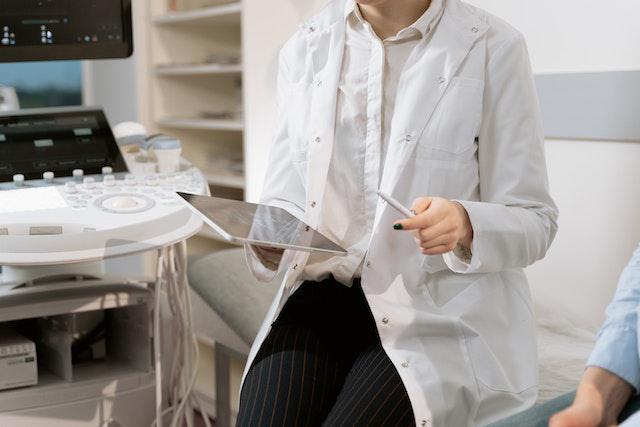
You may be wondering if it is possible to treat STDs online. While sexually transmitted diseases (STDs) can be life-threatening or treatment-resistant, most respond to medication.
STDs are quite common in the United States, with as many as one of every five people experiencing an infection from sexual contact, according to the CDC.
In addition to in-person assistance, self-testing and telehealth services, like those we offer through GoodMDs, are vital for treating STDs.
It is possible to treat STDs online if they fall into a certain category. Here are the sexually transmitted diseases that medication or other therapies can cure.
These illnesses spread through sexual contact, and they are the most common forms of STDs. Luckily, they are relatively easy to diagnose and treat. Complete recovery is possible with early treatment, which typically involves oral antibiotics.
There are also untreatable STDs. These typically require more advanced care. However, with proper management, you can live a normal life after infection.
Luckily, immunizations protect against both hepatitis and HPV. HIV/AIDS and herpes are incurable, but medications can reduce symptoms. With safe sex practices, you can live a normal life without spreading the illness to others.
Most STDs are treatable with medications. If you suspect you contracted an illness through sex, it is best to seek treatment early. Though curable, these illnesses can cause more severe health issues if left untreated.
If you plan to treat your STD online, your doctor will ask you to detail your symptoms. They may also ask you to administer an over-the-counter self-test, also known as an at-home test.
If you have symptoms of an STD and had recent sexual contact or if your self-test is positive, the doctor will prescribe a treatment.
Though treatments are effective, safe sex practices, such as using condoms, knowing your partner's health status, and testing for STDs regularly can help you avoid problems in the first place.
At GoodMDs, we offer online treatments for a variety of common ailments, including STDs. Since we do not work with insurance companies, you can get affordable treatments directly and discreetly, regardless of your policy. Our services are available 24/7. If you are seeking treatment for an STD, you can find the help you need at GoodMDs in three steps.
You can contact us today to get started or view our prices and start an appointment today.
Stay updated on our news and events! Sign up to receive our newsletter.